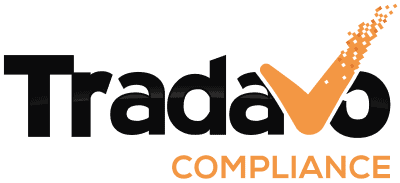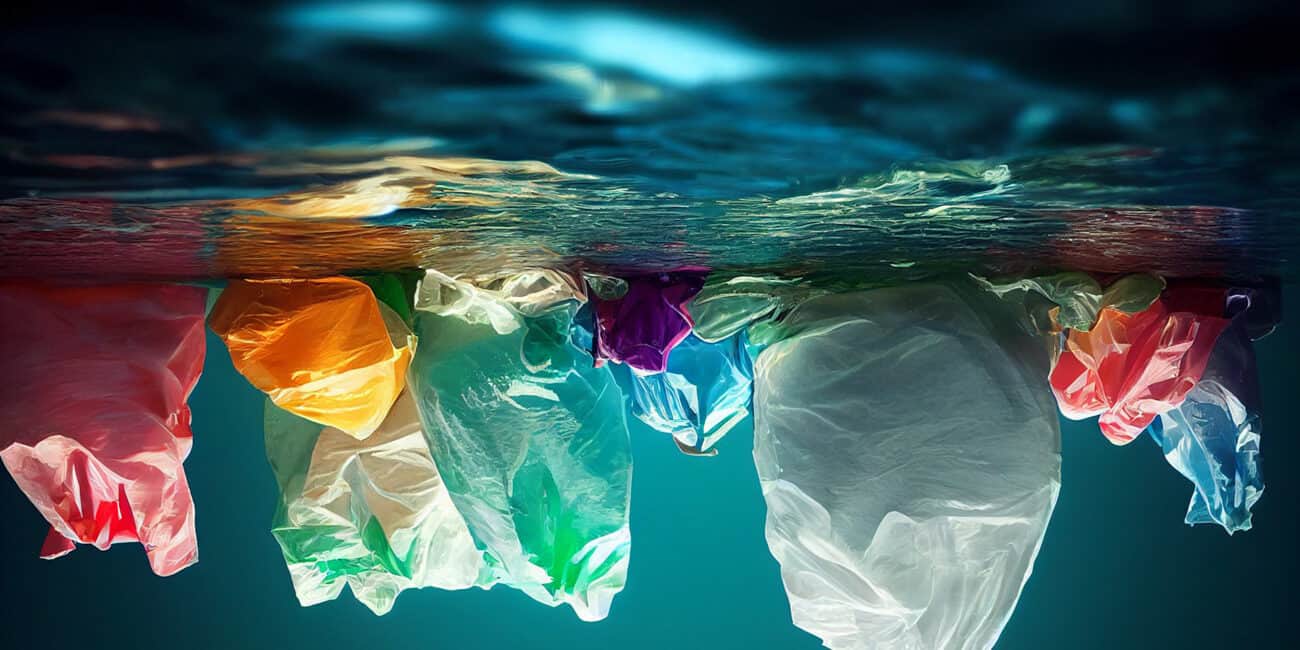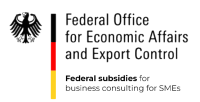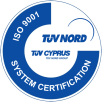National registration requirements
In the first part of our series on the Amazon PAN-EU program, we already dealt with the packaging labels of the various countries. Besides the packaging labels, however, there are also various registration obligations that must be observed, depending on the country. Unfortunately, these registration obligations vary from country to country. In Germany, for example, participation in a dual system is mandatory, while in other countries, such as Belgium, there are so-called trivial limits – there, for example, you only have to license from 300 kg of packaging material per year.
In this article, we will therefore not only look at how participation in a dual recycling system works but also at what other specific registration obligations there are for certain product groups. In addition, we will again summarize the applicable regulations in the PAN-EU countries – with the UK as a bonus.
Licensing of packaging
France
In France, just like in Germany, there is no de minimis limit. This means that from the moment you offer goods in France or send them to France, you must license your packaging with a recycling system. If you sell or ship less than 10,000 packaging units to France per year, the annual flat rate for packaging licensing is around €80 – depending on which system you join.
Italy
In Italy, the regulations regarding the licensing of packaging are much more relaxed. As a foreign company without a permanent establishment, you do not have to take part in the licensing and you do not have any obligations towards the national packaging consortium (Conai). Voluntary participation is, of course, still possible.
Spain
Spain does not have a de minimis limit either. If you plan to ship your goods to Spain, you must immediately license your packaging with a recycling system. Do this licensing with the Spanish waste management service provider, Ecoembalajes España S.A. (Ecoembes). If you circulate less than 12 tons of packaging material per year, you will not only benefit from simplified reporting but also from a lower annual fee. However, since the costs for licensing in Spain are rather high, it is only worthwhile to ship to Spain if you also sell larger quantities there. For example, if Spain is one of your own major sales markets.
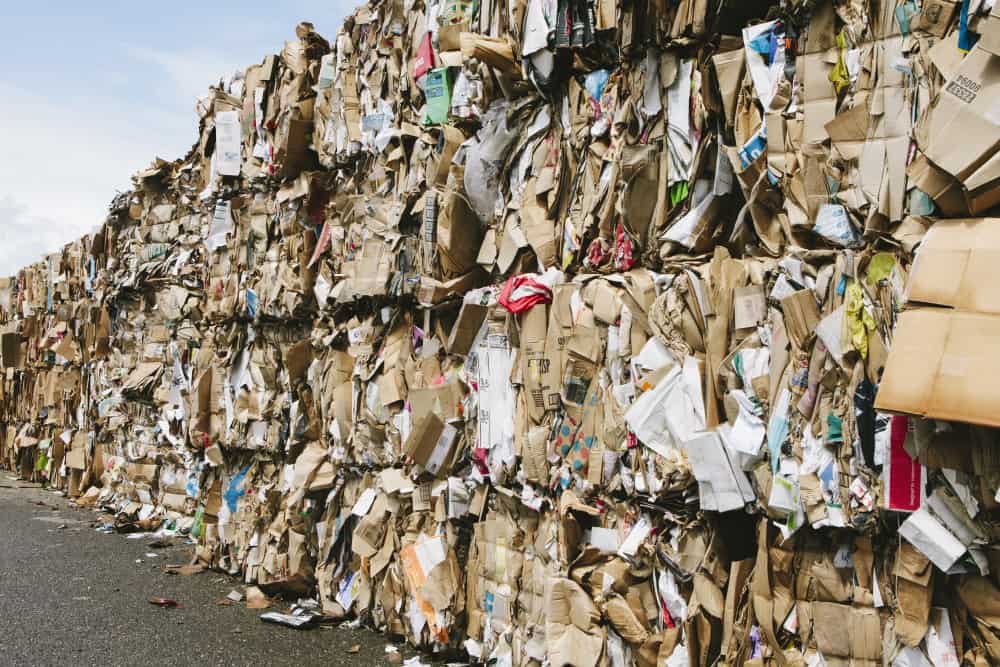
Netherlands
In the Netherlands, there is a de minimis limit of 50 tons of packaging material per year. If you are below this limit, you do not have to do anything. If you are above the limit of 50 tons per year, you must register with the Afvalfonds Verpakkingen (Packaging Waste Fund), report your packaging quantity annually and pay an amount depending on the quantity and material of your packaging.
Sweden
There is no de minimis limit in Sweden. As soon as you put packaging into circulation, you must join one of the approved take-back systems and pay a fee. As in the Netherlands, the amount of the fee depends on the quantity and material of your packaging.
Poland
In Poland, too, there is no de minimis limit. When selling or shipping your goods to Poland, you are required to register with a state register (BDO) and submit an annual quantity report. To register with the BDO, you need a so-called PESEL number. From the BDO, you will receive a BDO registration number, which must be present on all sales documents when selling goods in Poland. In addition, in Poland, you must contribute to meeting the recycling quotas required by law.
Bonus: UK
In the UK, the packaging licensing requirement only applies to those companies that are listed on the UK Commercial Register, circulate over 50 tons of packaging material per year in the UK, and have an annual turnover of more than £2 million.
Further potential registration obligations
Besides the regulations on the registration of packaging, there are other special national registration obligations. We would now like to introduce you to some of these registration obligations in more detail.
France is a special case as far as registration obligations are concerned. In all other European countries, extended producer responsibility, or EPR for short, basically only applies to packaging, batteries and electrical equipment. In France, this EPR applies to many other product groups, such as textiles, furniture and printed paper. If you want to sell cotton tablecloths in France, for example, or send them to end customers in France, you are required to register in France. As a retailer, you can then apply for a registration number via collectives. Attention: For each category, an individual number is assigned! Indicate these numbers in your general terms and conditions and your imprint. Since 1.1.2022, Amazon will also request the EPR registration numbers.
Further obligations arise throughout Europe from the EU directives for electrical (WEEE) – 2012/19/EU and for batteries – 2006/66/EC. We say that the countries always implement the EU directives in their own national laws, so there are often sometimes large deviations between the individual European countries in the ultimate laws.
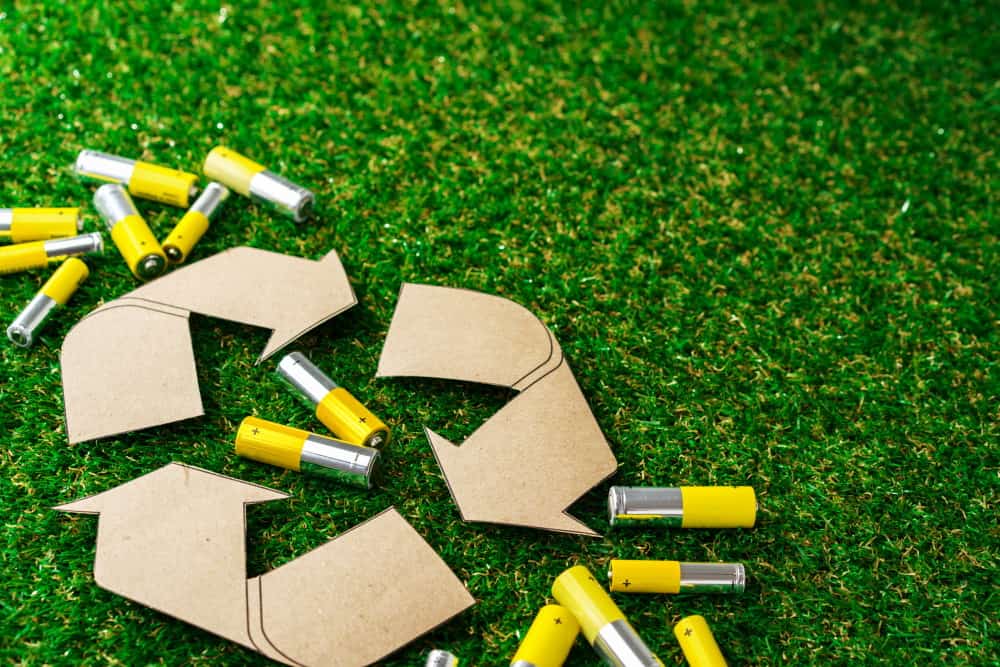
If you want to sell electrical equipment in the EU, you, as the manufacturer, must either take care of its disposal yourself or commission a service provider to take over this task for you. In addition, many countries stipulate that there must be an allowed representative in the respective country. There is no central European registration office for electrical equipment. You must therefore register as a seller in each country in which you want to sell products to end customers. In Germany, they implemented the Electrical and Electronic Equipment Directive with the ElektroG (Electronic Equipment Act).
The same principles that apply to electrical equipment also apply to the sale of batteries, or products that contain batteries. In Germany, this is governed by the BattG (Battery Act). Further registration obligations may also arise if food or feed is stored in other EU countries.
How can we support you?
If you have the feeling that you can no longer find your way through this jungle of regulations, guidelines and requirements, then we at Tradavo are happy to help you with advice, action and years of experience. This way, you not only have legal certainty regarding your products, but you also have more time for the aspects of your online business that you enjoy!
You need assistance?
It is best to book an appointment directly for a free initial consultation.
Who wrote this article?
As an author, Christina fills the blog section of our website with exciting and informative articles, so that our readers can always take care of product compliance in their company in the most well-informed way.
- Christinahttps://compliance.tradavo.eu/en/author/epywxge/
- Christinahttps://compliance.tradavo.eu/en/author/epywxge/
- Christinahttps://compliance.tradavo.eu/en/author/epywxge/
- Christinahttps://compliance.tradavo.eu/en/author/epywxge/
